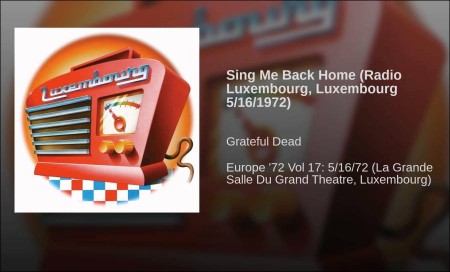Through this apparent decline was due in part to a moral and/or cultural backlash, it had much to do with ingrained aspects of national life and character. One of these was a readiness to live with maiden “Auntie” BBC’s paternalism. British record companies were content – if not enthusiastic – to sell rock`n’roll, but BBC resistance severely restricted airplay.
The only alternative – the commercial radio station Radio Luxembourg, broadcast from mainland Europe – was very popular with teenagers (especially at 11 pm on a Sunday night for the Top 20), but that popularity did not translate itself into wholesale dissatisfaction with the BBC’s music policy until 1964, when a rash of “ pirate stations” broke out, broadcasting unlicensed from ships moored just outside territorial waters. The pirates introduced an American style of disk jockey to an enthusiastic British audience.
Beneath the surface there was an unprecedented amount of popular musical activity. The steadily increasing popularity of the dance-hall as a venue for “sweet Saturday night” created a demand for bands at a local level. The existence of such bands was in large measure the product of a short-lived skiffle bom. This hybrid of American blues and folk music and British music hall was an offshoot of the fashion for traditional jazz (“trad”) of the mid-and late fifties. It had three important consequences: it gave a considerable push to the evolving process of musical “democratization”; it raised the guitar to preeminence; and it introduced a direct link to the roots of black American music.
Views: 200



